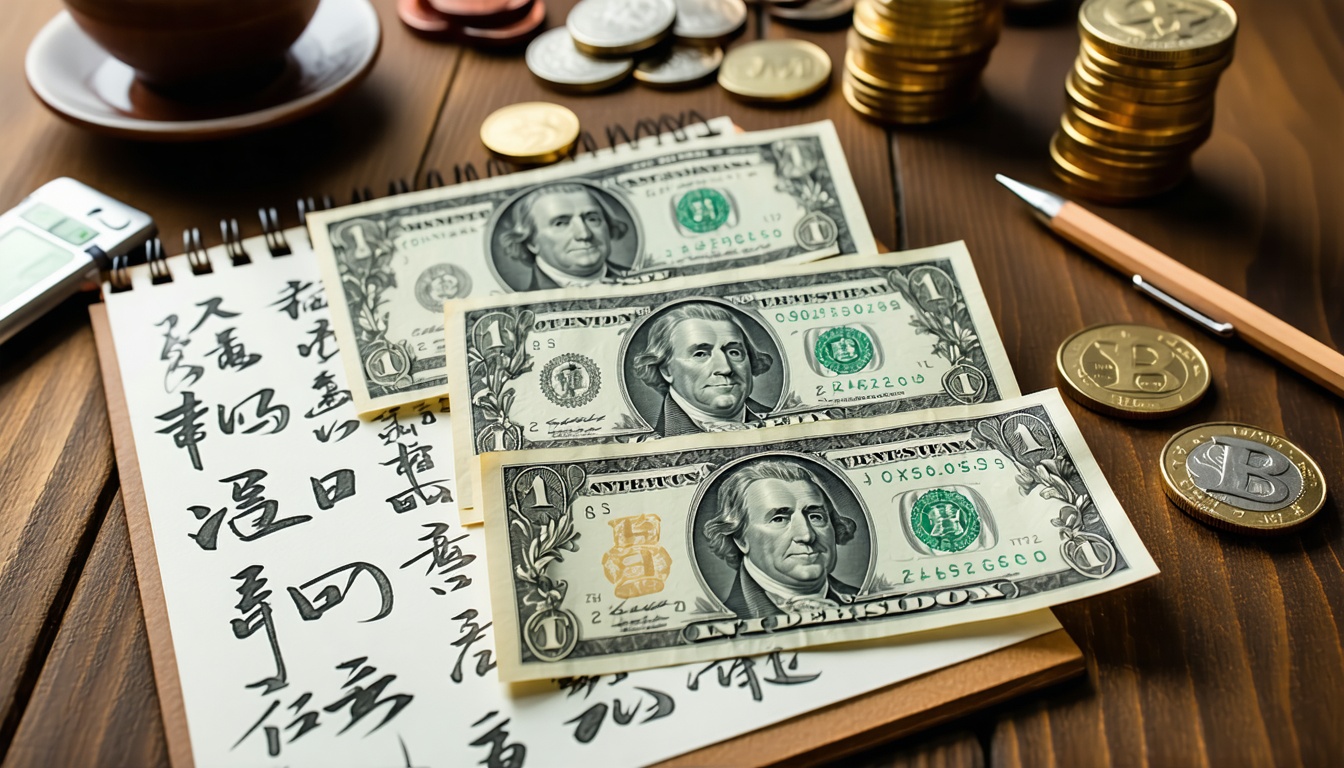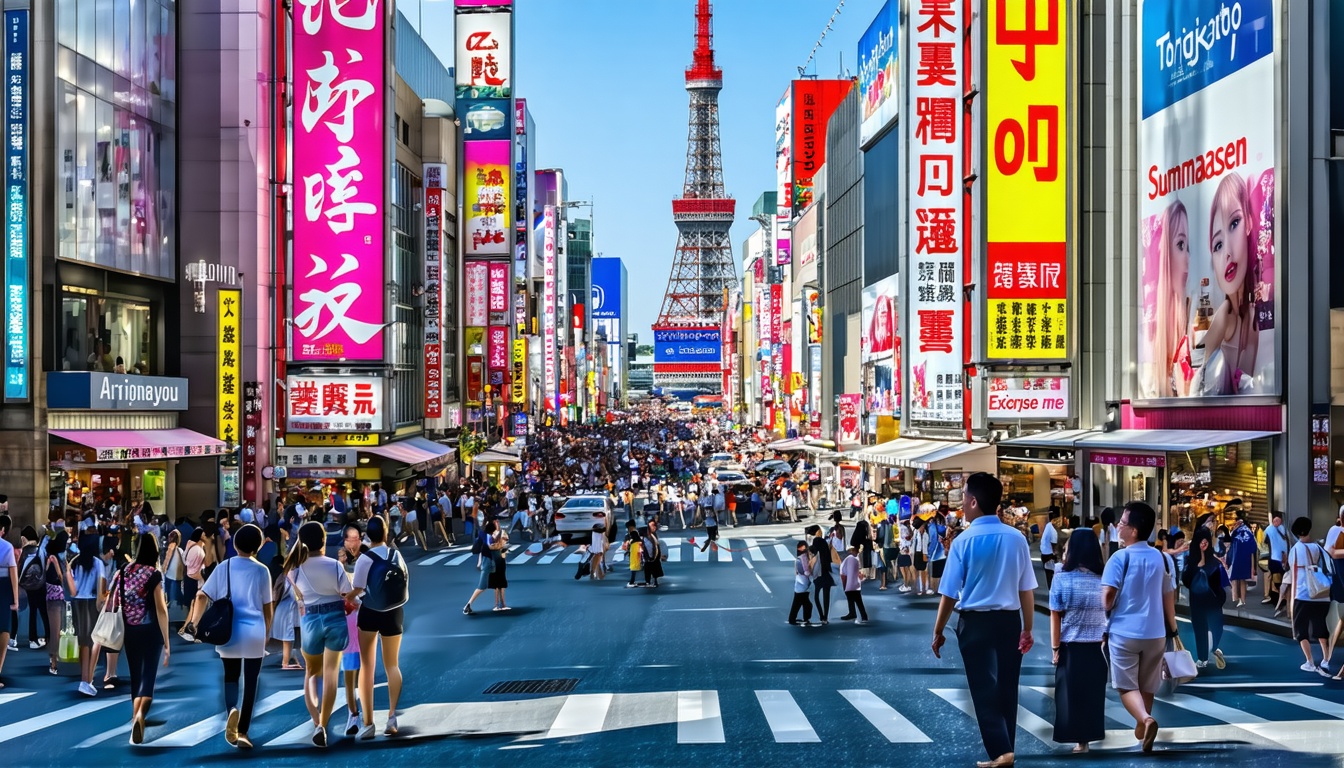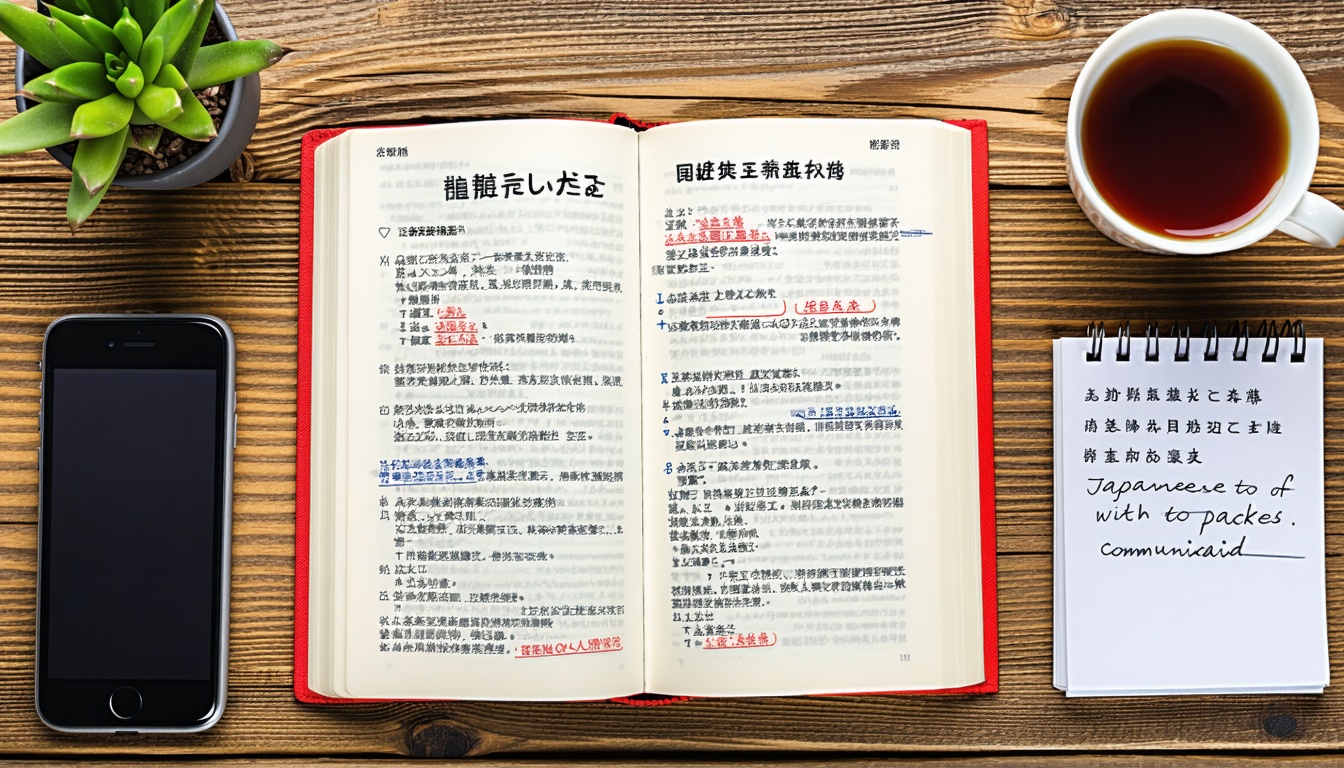Don’t Get Stuck! Key Japanese Money Phrases for Visitors

Introduction
Picture this, you’re at a bustling Tokyo station, staring at the ticket machine and wondering how to buy your fare. Handling cash in Japan feels tricky at first, but once you learn a handful of japanese money phrases, you’ll breeze through buying tickets, shopping, and settling bills. In this ultimate guide you’ll get the key expressions, polite gestures, and even denomination know-how to make your life in Tokyo smooth, stress-free, and yes, even fun.
You’ll walk away confident in pronunciation, counters (words that pair with numbers), and cash etiquette—so you’ll never get stuck at a cashier or feel lost in a crowd. Let’s dive in.
Understand yen basics
yen denominations
Japanese cash comes in banknotes and coins. Banknotes are ¥1,000, ¥2,000, ¥5,000, and ¥10,000. Coins range from ¥1 to ¥500. It’s worth memorizing these so you can pick the right notes at a glance.
Type Denominations Color/Metal
Banknote 1,000; 2,000; 5,000; 10,000 blue, purple, brown, green
Coin 1; 5; 10; 50; 100; 500 silver, brass
yen counters
In Japanese you don’t just say “one yen,” you use counters (suffixes). For coins and notes, stick with いちまい (ichimai) for flat items and いっこ (ikko) for small objects. But most people skip counters for money and say “ichi sen en” (1,000 yen) or “gohyaku en” (500 yen).
Master number pronunciation
basic numbers
Before you handle yen, nail the numbers one through ten:
-
ichi (1)
-
ni (2)
-
san (3)
-
shi/yon (4)
-
go (5)
-
roku (6)
-
shichi/nana (7)
-
hachi (8)
-
kyū (9)
-
jū (10)
For details on pronunciation and audio tips, check out our japanese numbers pronunciation guide.
counting yen
After ten, numbers stack: “jū go” (15), “nijū” (20). Hundred is hyaku, thousand is sen, and ten-thousand is man. So ¥3,500 becomes “san zen go hyaku en.”
practice pronunciation
Try saying amounts aloud before you travel. Record yourself or use a language app. It feels a bit silly, but when you nail “nihyaku en onegaishimasu,” you’ll skip confused looks at the cashier.
Buy train tickets
ask ticket price
To ask “How much is a ticket to Shinjuku?” say: “Shinjuku made no kippu wa ikura desu ka?”
-
Shinjuku made (to Shinjuku)
-
no kippu (ticket)
-
wa (topic marker)
-
ikura desu ka (how much is it?)
purchase phrase
When you know the fare, hand over cash and say: “Nisen en onegaishimasu.” That’s “¥2,000 please.”
Want to follow announcements in Japanese? Our japanese train announcements translation article can help you catch each station name.
use automated machines
Many machines accept coins and notes. Select your destination, insert cash, and take change. If you need help, press “English” on screen or call an attendant by touching the intercom button.
Shop with confidence
ask item price
In stores, point at what you want and ask: “Kore wa ikura desu ka?” That’s “How much is this?”
You can also say “Sumimasen” (excuse me) first to get attention.
pay at cashier
When it’s time to pay, you can hand over cash and quietly say: “En de onegaishimasu.” That means “With yen, please.” If you want to pay by card, just say “Kādo de onegaishimasu.”
request bag
Need a bag? Ask: “Fukuro wa irimasu ka?” (Do I need a bag?) Or more naturally, “Fukuro onegaishimasu” (A bag, please).
For more shopping tips beyond money, see our japanese shopping phrases useful post.
Dine and pay
ask for the bill
When you’re ready to settle up, catch the server’s eye and say: “Okaikei onegaishimasu.” That means “Check, please.”
split payment
If you’re with friends and want to split the bill, say: “Warikan ni shite kudasai.” It means “Please split the bill.”
express thanks
After paying, add a quick “Arigatō gozaimashita” (thank you very much). It’s polite and leaves a good impression.
If you’d like more general restaurant phrases, check japanese restaurant phrases ordering.
Handle cash etiquette
use the money tray
In Japan you rarely hand cash directly to the cashier. You’ll see a small tray on the counter. Place your yen on it, then let the cashier pick it up. This keeps the exchange neat.
receive money politely
When the cashier returns your change on the tray, pick it up with both hands. A slight bow or nod goes a long way in showing respect.
Avoid common mistakes
mispronunciation pitfalls
Japanese is pitch-sensitive. “Go” (five) and “gō” (number suffix) sound similar. If you freeze up, just slow down and speak clearly. The effort matters more than perfection.
wrong counter words
Using “mai” for coins and “ko” for notes can sound off. Stick to saying “en” after numbers: “Sanbyaku en” (¥300). It’s simpler and everyone will get you.
For more on frequent slip-ups, see our common japanese mistakes avoid guide.
Explore further resources
Here are a few extras to level up your Japanese cash game:
-
japanese counting system for deep dives into counters.
-
japanese question words to build your own money questions.
-
japanese politeness levels to tailor your phrases to formality.
-
japanese body language to pair your words with polite gestures.
-
japanese pronunciation guide for tricky sounds.
FAQs
What’s the best way to ask “Do you accept credit cards?” Say “Kādo tsukawa remasu ka?” or “Kādo wa tsukaemasu ka?”
How do I say “I don’t have exact change”? Try “Seido na okane ga arimasen” (I don’t have exact money).
Can I tip in Japan? No, tipping isn’t common. The price you see is the price you pay.
How much cash should I carry in Tokyo? Many small stores take only cash. Aim for at least ¥5,000–¥10,000 on hand (Linguanaut).
What happens if I bring over ¥1 million into Japan? You must declare cash exceeding ¥1,000,000 or risk penalties (Wise).
Summary and next steps
You’ve now got the must-know expressions, number basics, and etiquette for handling yen in Tokyo. Practice saying ticket fares, item prices, and bill requests before your trip. Bookmark those internal guides for quick reviews on the go, and don’t forget to have fun with the language. Share your cash phrase wins or any questions in the comments below—you’ve got this!


